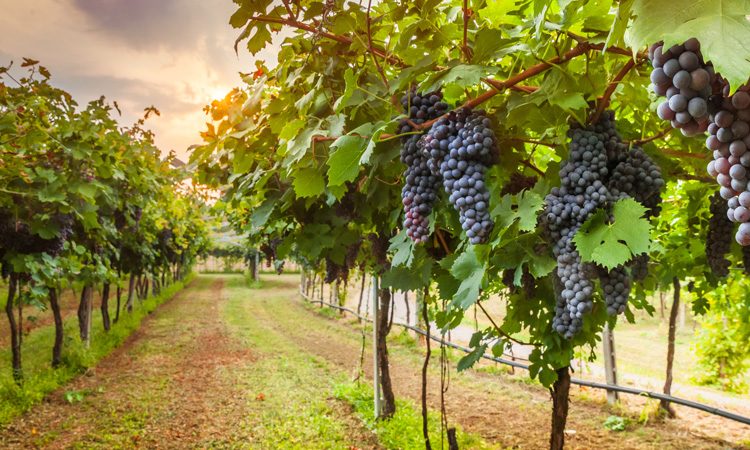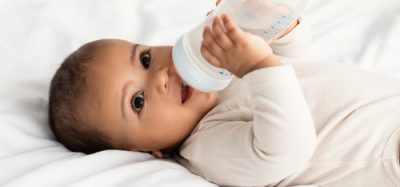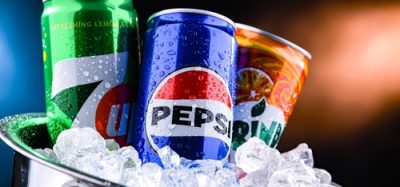Sales growth in a stalling wine category
- Like
- Digg
- Del
- Tumblr
- VKontakte
- Buffer
- Love This
- Odnoklassniki
- Meneame
- Blogger
- Amazon
- Yahoo Mail
- Gmail
- AOL
- Newsvine
- HackerNews
- Evernote
- MySpace
- Mail.ru
- Viadeo
- Line
- Comments
- Yummly
- SMS
- Viber
- Telegram
- Subscribe
- Skype
- Facebook Messenger
- Kakao
- LiveJournal
- Yammer
- Edgar
- Fintel
- Mix
- Instapaper
- Copy Link
Posted: 11 September 2019 | Jaclyn Bowen | No comments yet
Jaclyn Bowen speaks to Ari Walker from the Integrated Beverage Group about LifeVine and their “less than 1 gram of sugar” and “pesticide-free” wine claim.


According to the Silicon Valley Bank’s Wine Division “State of the Wine Industry Report 2019″1, the wine industry’s sales growth has been muted for the past several years and is now close to moving into negative territory for the first time since 1993. However, the organic and sustainable wine sub-category continues to experience impressive growth – expected to post among the strongest increases in the category (9.2 percent compound annual growth 2017-2022).2 This increase in organic and sustainable sub-category mirrors the growth in organic and natural foods consistently outpacing that of conventional foods.
I spoke to Ari Walker, President and CEO of Integrated Beverage Group (IBG), holder of the brands Rascal that partners with the Humane Society of the United States and Lifevine, which touts a “less than 1 gram of sugar” and “pesticide-free” claim, to learn more about what he is seeing in terms of organic and sustainable consumer trends in the marketplace.
Q: Why is the wine category plateauing?
A: As Boomers age out of their prime wine consumption years, they are not being replaced by younger Millennial and Gen Z consumers at the same rate. These consumers are opting for alternatives ranging from craft spirits to low and no-alcohol alternatives as well as substitute goods such as marijuana. Meanwhile, the wine industry is still speaking to younger consumers as though they cared about the aspirational wine lifestyle in the way their parents and grandparents may have. But younger people have different priorities and our view is that until the industry begins speaking a different language, we will continue to struggle to connect with these consumers.
Q: What is IBG doing to grow within a stalling category?
A: IBG strive to make the purest wines on earth. We place our responsibility to our customers and the natural environment at the forefront of every decision we make. This commitment has helped us to differentiate by creating the only wines in America to be certified pesticide free by the federal government.
Q: How is Lifevine able to source grapes to ensure it continues to meet its pesticide-free claims?
A: There are two parts to that answer….
- Pesticide-free wines come from pesticide-free grapes. This year we have moved to 100 percent organically farmed grapes for all Lifevine wines, because this significantly reduces the pesticide load on the raw materials.
- There is no substitute for rigorous testing. We partner with Ellipse Analytics to test every block of grapes multiple times during the harvest and fermentation process in order to isolate any lots that might flash red for pesticide contamination.
What advice would you give to other brands?
A: That is a really tough question. I would give other brands the same advice I gave my kids when they were getting ready for college: find the thing you are passionate about and do that very well. There is not just one way to connect with consumers. If you are passionate about something there is likely a consumer base out there that share your energy and enthusiasm and is just waiting for someone to connect with them.
References
1 https://www.svb.com/wine-report
2 https://wineindustryadvisor.com
About the Author
Jaclyn Bowen MPH, MS is the Executive Director of Clean Label Project and a food safety and quality systems engineer. Prior to coming to Clean Label Project, she spent 15 years at the World Health Organization Collaborating Centre, NSF International, working on the creation and enforcement of food safety and water quality standards and compliance systems.
Related topics
Beverages, Clean Label, Free From, Health & Nutrition, Pesticides, The consumer
Related organisations
Integrated Beverage Group, LifeVine, Silicon Valley Bank's Wine Divison








